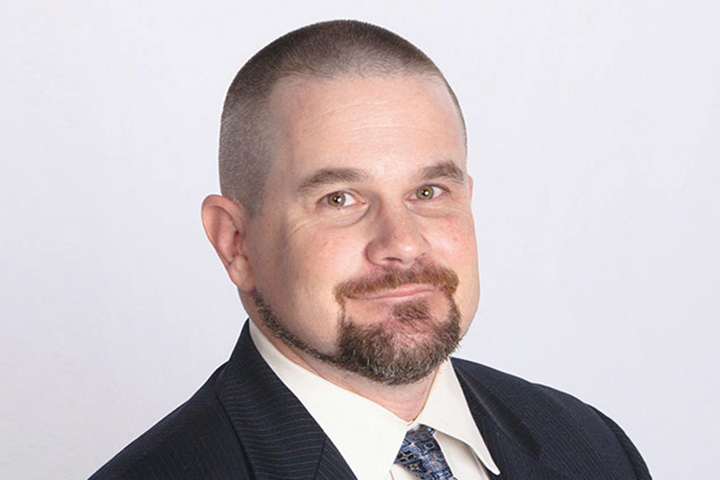Ted Studdard
Business to Business Operations Manager | The Home Depot Renovations Services Team Thirty-six hours after graduating from high school, Ted Studdard was on his way to boot camp at the Marine Corps Recruit Depot at Parris Island, South Carolina. Little did he know that he was starting a journey that would span four decades, touch five continents, encompass two wars, and eventually end up as a leader at The Home
Read More












